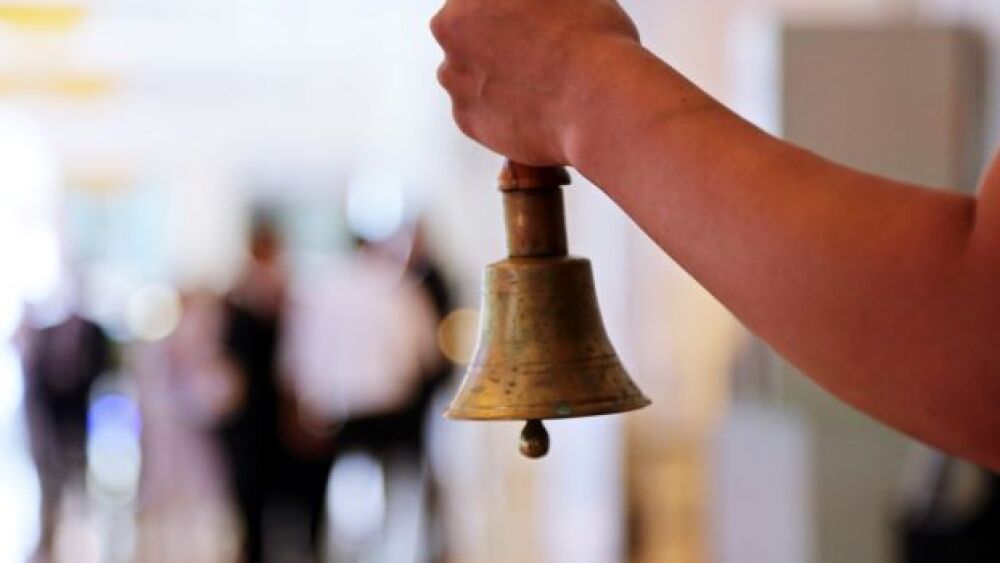Ring Therapeutics hopes to bring in a “new era of gene therapies” to rise above the challenges of current options. A cohort of investors bought into the hope with a $117 million Series B funding round.
With gene therapies all the rage in modern medicine, the promising treatments face a few massive challenges including limited breadth, limitation to once-in-a-life treatment and poor tolerability. That’s why Ring Therapeutics hopes to bring in a “new era of gene therapies” to rise above the challenges of current options. A cohort of investors bought into the hope with a $117 million Series B funding round.
Current gene therapy platforms use a virus for delivery. That virus activates the recipient’s immune system and can only be administered one time. But Ring’s technology harnesses commensal viruses, viruses that do not cause disease and are already present in most of the human population.
“Anelloviruses have been a part of the human body for millennia, making Ring’s Anellovectors the ideal tool to unlock the potential of human biology through the natural advantages of anelloviruses. We are expanding the applications of nucleic acid-based treatments, enabling a wider array of modalities and extending the reach of conventional gene therapy, to provide more solutions to more patients,” said Ring CEO Dr. Tuyen Ong.
These engineered anellovirus vectors have the potential to be harmless and capable of transferring DNA to new cells without damaging healthy tissue or activating a patient’s immune system. Its single-stranded DNA molecules do not integrate with a person’s existing DNA either. If another dose is needed for patients with immunological barriers or recurrence, patients can be re-dosed without issue.
Since its founding in 2017 by Flagship Labs, the Cambridge-based team has discovered thousands of anello-based vector candidates. The trick now will come down to being able to identify which targets to go after first for the Anellovectors. Ring is keeping the specifics close to the chest at the moment but according to the press release, programs “may focus on oncology, cardiology, ophthalmology, CNS, rare diseases, pulmonary and beyond.”
Also coming in with fresh funds from a Series B raise is San Diego-based Aristea Therapeutics. A spin-out from AstraZeneca in 2018, the company targets orphan diseases with no currently approved therapies.
The company will use the $63 million to push forward its clinical-stage programs. At the head of the line is lead candidate RIST4721.
An oral CXCR2 antagonist, it’s currently in a Phase 2a trial for the treatment of palmoplantar pustulosis with results expected yet this year. PPP is an inflammatory disease that results in flares of neutrophil-filled pustules that lead to redness, skin thickening, itching and burning on the soles of the feet and palms of the hands. The drug will also be tested in familial Mediterranean fever and Behcet’s disease.
To further the development of RIST4721, Aristea signed a collaboration agreement with an option to acquire with Arena Pharmaceuticals. The deal snags Arena a $60 million upfront payment with another $10 million having gone into the Series B round.
The company is looking to build out its leadership team and form new partnerships to advance its immunology focused portfolio.






